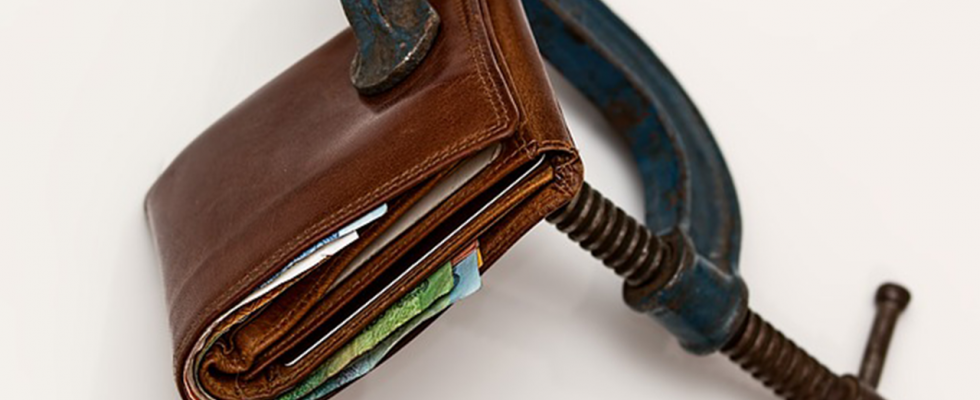Consolidating debt is a very good idea if it saves you money and helps you avoid creating additional financial problems for yourself. The difficulty can be, obtaining a loan that really does reduce your total interest charges. To be sure of that, you will need to do the calculations first, not forgetting to include any fees that you may be charged for the new loan.
You can use a simple amortization calculator to calculate the cost of a consolidation loan. This will give you a good idea of what you can expect to pay over the long haul.
Like everything in life, there are both pros and cons to be considered with when you decide to consolidate debt. So be sure that you don’t get caught out by things that you hadn’t considered properly, such as the following:
Consolidating Debt Can Increase Costs
If you consolidate bills because you want to reduce your monthly payments, it will take longer to pay off the debt and you may pay more interest over the full life of the loan.
That’s if you go with a loan as your consolidation solution.
If you take out a loan that lasts for three years, you would probably pay off the debt a lot faster than you would if you were paying the minimum repayments on credit cards.
There’s a Risk to Your Collateral
If you take a loan that is secured with collateral, you are running the risk of losing your property if you don’t keep up with the repayments on the loan. If you took out a second mortgage, for example, or a home equity line of credit (HELOC), your lender may foreclose on your home if you miss payments. In the same way, you could lose your car if you use it as security on a loan.
That’s what makes this financial transaction extremely risky. So you need to examine your alternatives before you jump on board with this.
You could lose federal student loan benefits.
If you have a student loan from a government program, they have features that are designed to help you if you find yourself in financial difficulties. For example, you may be able to defer repayments when you are unemployed or pay subsidized interest. If you consolidate a student loan, however, you will lose those benefits.
You might be tempted to spend more.
Once you have cleared your credit cards with a debt consolidation loan, you might be tempted to start spending on the credit cards again and, before you know it, you have twice the amount of debt than you started with. This is another trap you must be aware of.
It can make your finances ten times worse than they are now. It’s that real, and not something you should dismiss as not being able to occur.
Consolidation and your credit score.
Consolidating debt is unlikely to have a major negative impact on your credit rating if you go with a loan, but you might experience some movement in your credit score.
When you apply for any loan, a lender will make a credit inquiry against your name and that can have a negative impact on your credit score. If you make inquiries with a number of lenders, you can minimize that impact by submitting all the applications in a very short period of time, preferably all on the same day.
In time, a consolidation loan should improve your credit score, because you will have moved away from maxed out credit cards and revolving debt to a regular installment loan, which will be much better for your credit rating.
As you can see, there are no easy answers. You need to look at your own unique situation and then make an educated decision based on what you feel your finances can handle.

